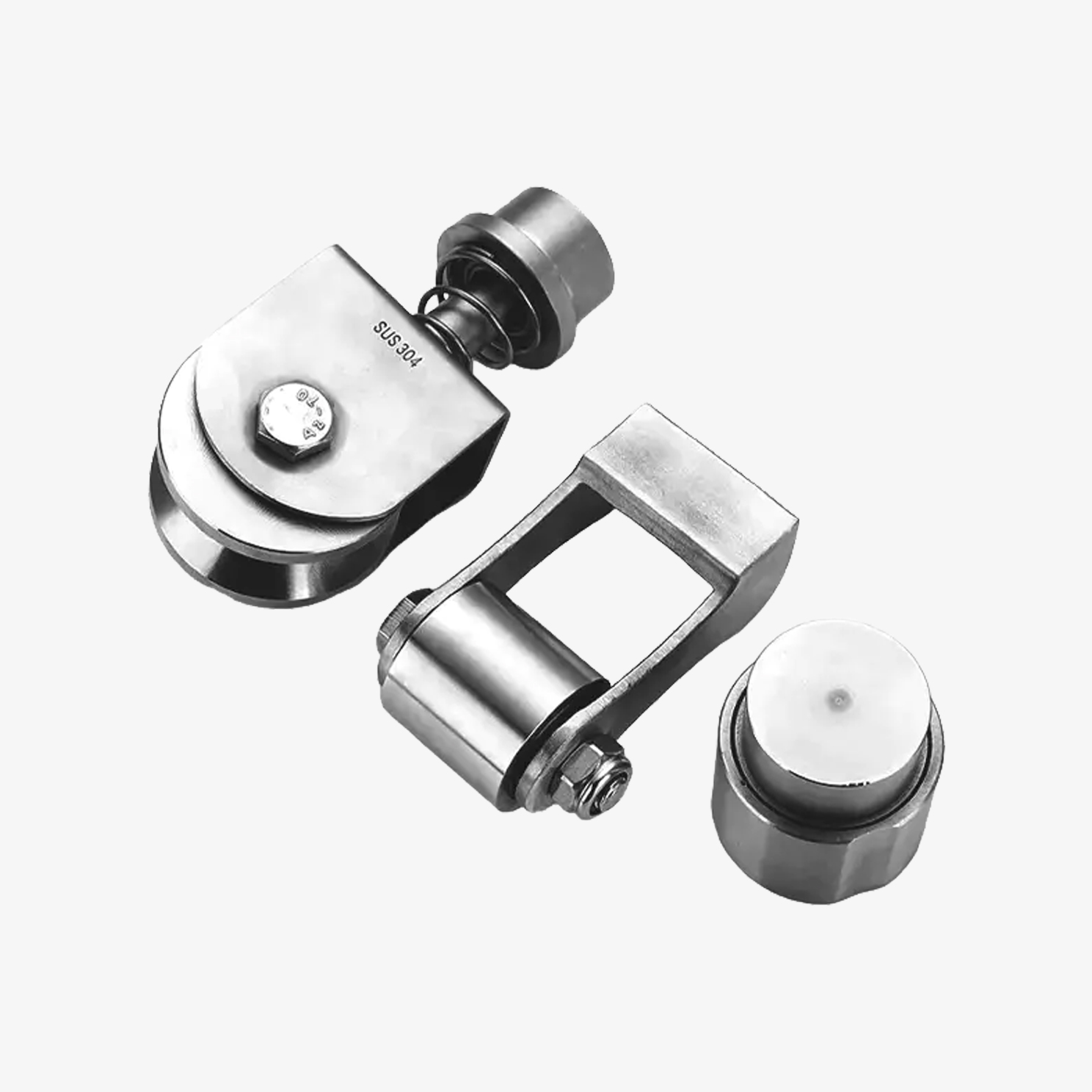No. 200 Gaoxin RD, Shanghua St, Lanxi, Zhejiang, P. R China
The CNC (Computer Numerical Control) machine tools are widely used in ...
See Details
Choosing the right hinges is essential for ensuring that outdoor gates function smoothly and last over time. Metal gate hinges play a crucial role in supporting the weight of the gate, allowing easy movement, and resisting environmental challenges. Selecting materials and designs that suit outdoor conditions can prevent issues such as sagging, rust, and operational difficulties.
A Metal Gate Hinges Manufacturer typically offers a variety of hinge types designed for outdoor use. Among the common are butt hinges, strap hinges, and pivot hinges. Butt hinges consist of two rectangular plates joined by a pin and are often used for smaller gates. They provide stable support while allowing smooth opening and closing. For larger or heavier gates, strap hinges, which extend along the gate's width, distribute weight more evenly and reduce stress on the frame. Pivot hinges are designed to rotate around a fixed point, providing a different style of movement suitable for gates with unique designs or heavy materials.
Material selection is a critical factor when it comes to outdoor hinges. Stainless steel is widely used due to its corrosion resistance and ability to withstand moisture and temperature fluctuations. Hinges made of stainless steel require minimal maintenance and can handle exposure to rain, snow, and sun without significant deterioration. Galvanized steel is another option that provides a protective zinc coating to resist rust, making it suitable for outdoor environments where exposure to humidity or occasional water contact is common. A Metal Gate Hinges Manufacturer may also offer powder-coated or painted finishes to enhance corrosion resistance and add an aesthetic touch.
Brass and bronze hinges are less common for outdoor gates but can be suitable for certain applications, especially when combined with protective coatings. These materials resist corrosion and provide a classic look, though they may be more expensive than steel options. When selecting hinges, it's important to consider both the material's strength and its ability to resist environmental wear.
Proper installation is as important as material choice. Hinges must be aligned accurately, and the gate frame should be sturdy enough to handle the load. Using reinforced screws or bolts and ensuring that hinges are installed at appropriate points along the gate can prevent sagging or warping. Outdoor gates that experience frequent use or bear heavy weight benefit from hinges that are designed for heavy-duty operation, which a Metal Gate Hinges Manufacturer often specifies in product descriptions.
Maintenance also affects the performance and longevity of metal gate hinges. Regular cleaning to remove dirt, debris, and moisture can prevent corrosion. Lubricating moving parts helps maintain smooth operation, reducing wear on pins and plates. Even durable materials like stainless steel benefit from occasional attention, especially in harsh climates.
Environmental factors, such as proximity to the coast, also influence hinge performance. Salt air accelerates corrosion, making stainless steel or specially coated hinges preferable in coastal areas. For shaded or less exposed gates, standard galvanized steel may provide sufficient durability without additional cost. A Metal Gate Hinges Manufacturer can advise on the suitable options based on these conditions.
The metal gate hinges for outdoor gates depend on a combination of material, design, installation, and maintenance. Stainless steel and galvanized steel are practical choices for durability and resistance to weather. Butt, strap, and pivot hinge designs offer flexibility depending on gate size and weight. Proper installation and regular care enhance performance and extend service life. By considering these factors, property owners can ensure their outdoor gates remain functional and secure for years.